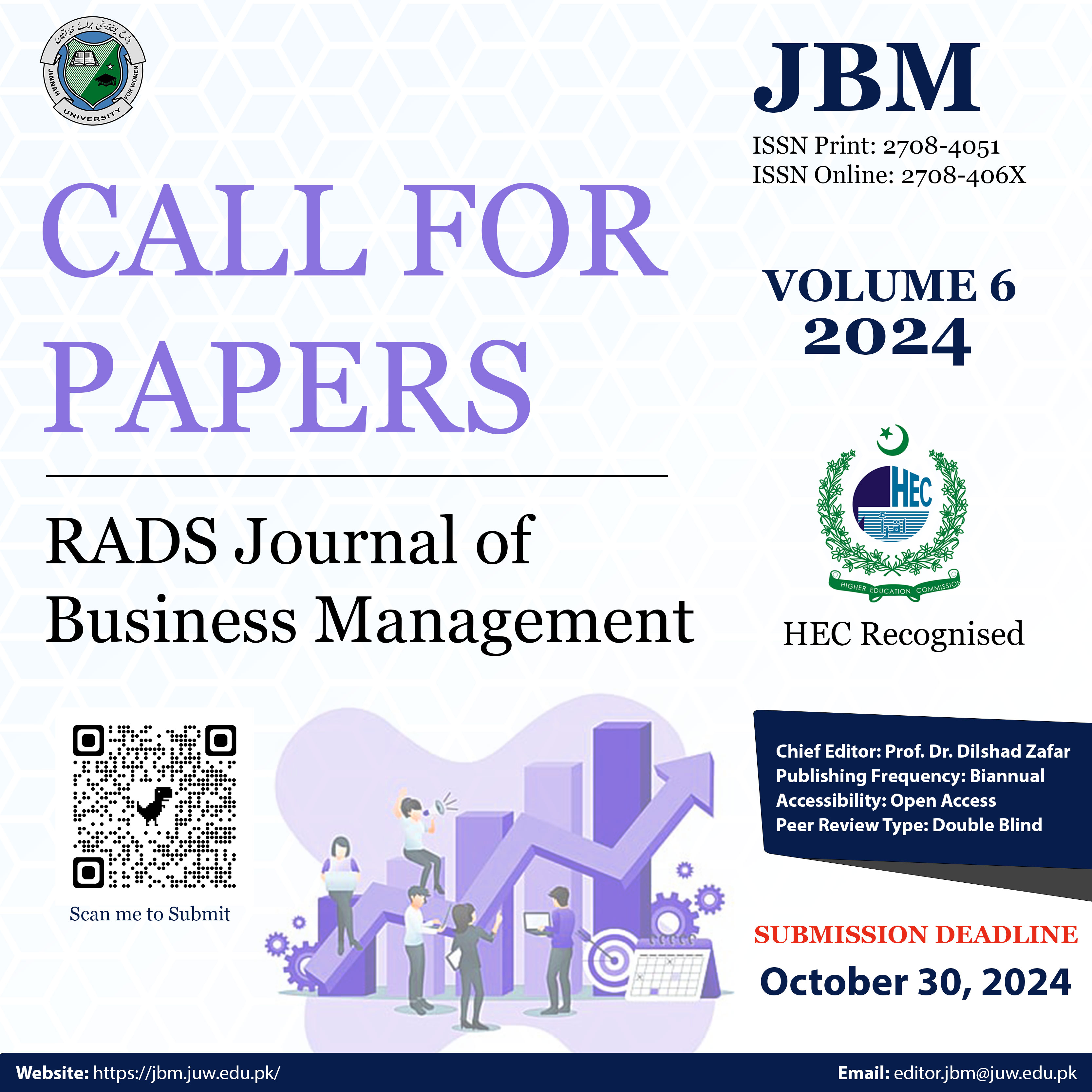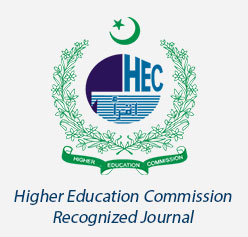Remittances from Foreigners Have an Impact on Economic Growth, as Indicated by Pakistan's Experience
Abstract
Purpose: This study's goal is to examine how remittances from expatriates affect economic growth in the setting of Pakistan. Remittances are the funds that migrant workers send home, and they represent a significant source of foreign currency for many developing countries. In Pakistan, expatriates' remittances have grown rapidly in recent years and have become a major contributor to the country's economy.
Design/Methodology/Approach: Pakistan is considered sixth highest receiver of remittances in 2020. Remittances are the only source of foreign currency for Pakistan except exports. Here secondary data has been used of the year 1990-2020 to analysis the relationship among GDP and remittances. Auto Regressive Distribution Lag (ARDL) approach has been used to see the link between short run and long run relationships of the variables.
Findings: Positive impact on GDP has been observed in case of Pakistan. The findings suggest that the decision-maker should develop such policies with the assistance of which nations may work on them.
Implications: Pakistan is a developing country, therefore an increase in foreign capital inflows will boost investment, consumption, and economic growth there. The remittances that Pakistani residents get are essential to their welfare. Remittance influx has a direct impact on Pakistan's progress in living standards, health, and education.
Originality: This study contributes to economic development of Pakistan by providing link between remittances and economic growth model.
The author retains the copyright and grants the right of first publication to the journal.





